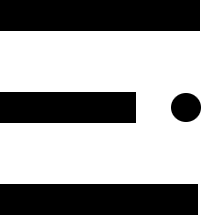Exploring the Applications of 3D Scanning in Healthcare
3D scanning technology has revolutionized various industries, and healthcare is no exception. The applications of 3D scanning in healthcare are vast and continue to expand as technology advances. From custom prosthetics to surgical planning, 3D scanning has opened up new possibilities for improving patient care and treatment outcomes.
One of the key applications of 3D scanning in healthcare is in the creation of custom implants and prosthetics. By using 3D scanning technology, healthcare professionals can capture detailed images of a patient’s anatomy, allowing for the creation of personalized implants and prosthetics that fit perfectly and provide optimal functionality.
Another important use of 3D scanning in healthcare is in surgical planning. By creating 3D models of a patient’s anatomy, surgeons can better visualize complex structures and plan intricate procedures with greater precision. This has led to improved surgical outcomes and reduced operating times, benefiting both patients and healthcare providers.
Furthermore, 3D scanning has proven to be invaluable in the field of orthodontics. Orthodontists use 3D scanning to create accurate digital models of patients’ teeth, allowing for the precise design and fabrication of custom orthodontic appliances such as braces and aligners. This not only improves the efficiency of orthodontic treatment but also enhances patient comfort and satisfaction.
Additionally, 3D scanning technology is being utilized in the development of patient-specific medical devices, such as hearing aids and dental implants. By capturing detailed 3D images of a patient’s anatomy, manufacturers can create devices that are tailored to the individual’s unique anatomy, resulting in better fit, comfort, and performance.
Moreover, 3D scanning plays a crucial role in the field of medical research and education. Researchers and educators can use 3D scanning technology to create detailed anatomical models for studying complex medical conditions, simulating surgical procedures, and enhancing medical training programs.
As the capabilities of 3D scanning technology continue to advance, its applications in healthcare are expected to further expand. From improving patient care to advancing medical research, 3D scanning is poised to continue making a significant impact on the healthcare industry, ultimately leading to better treatment outcomes and enhanced patient experiences.

